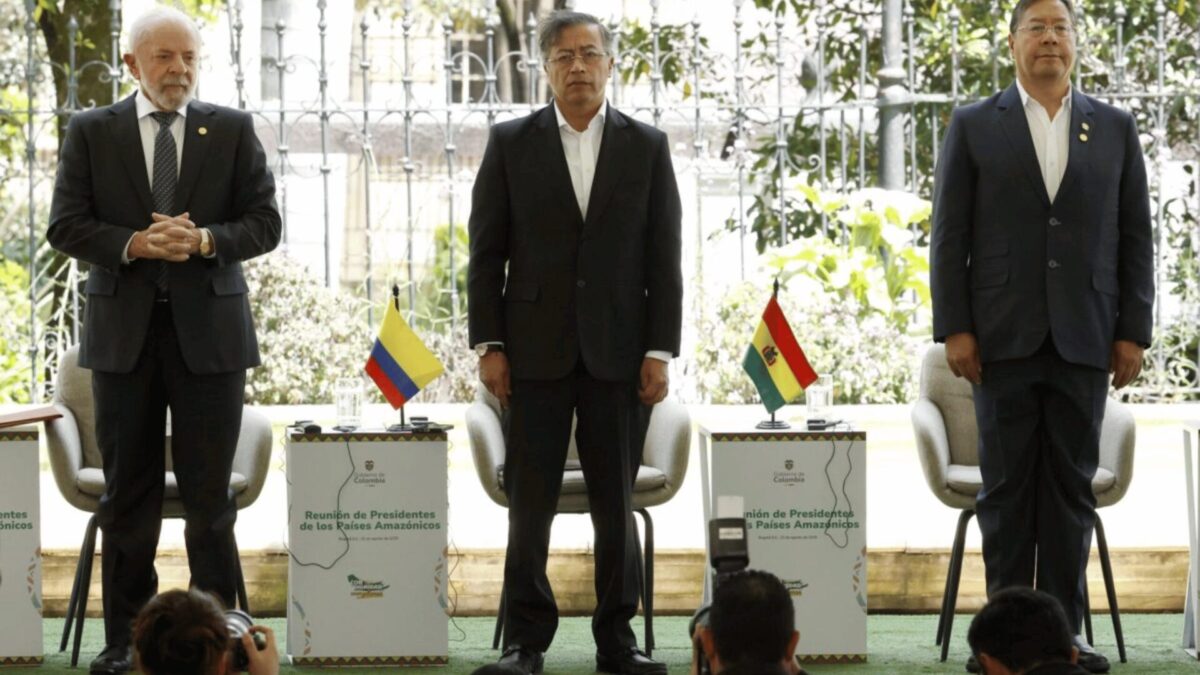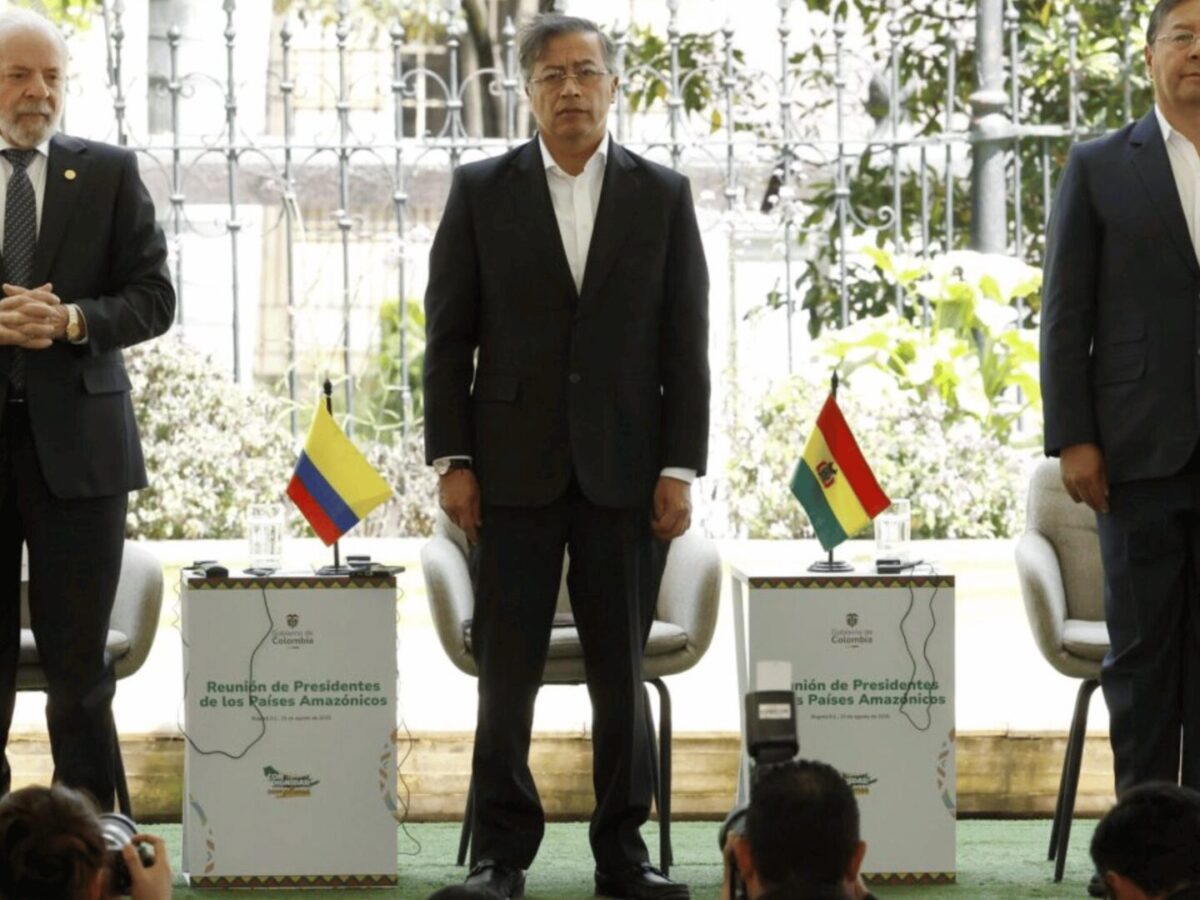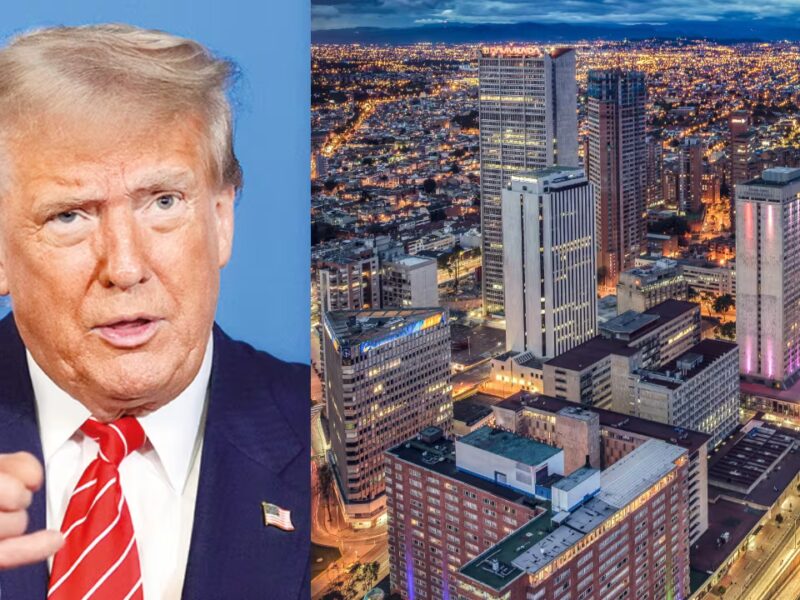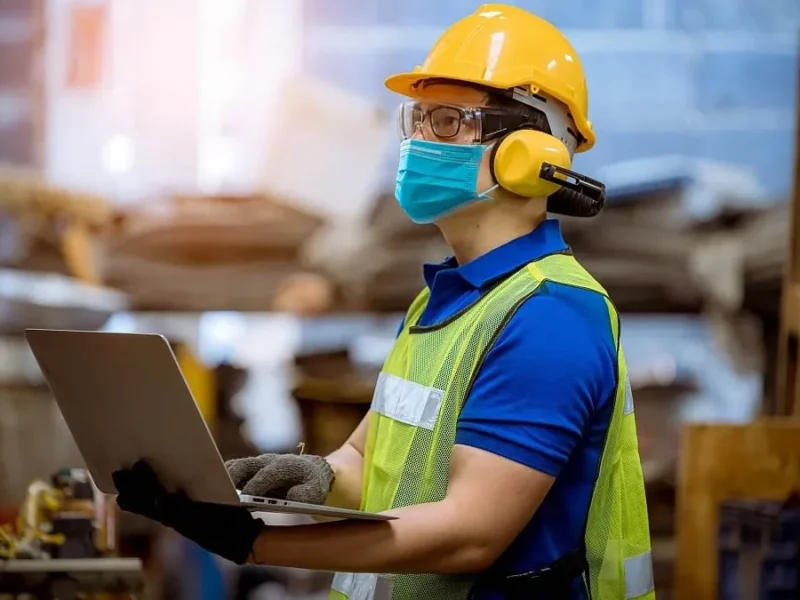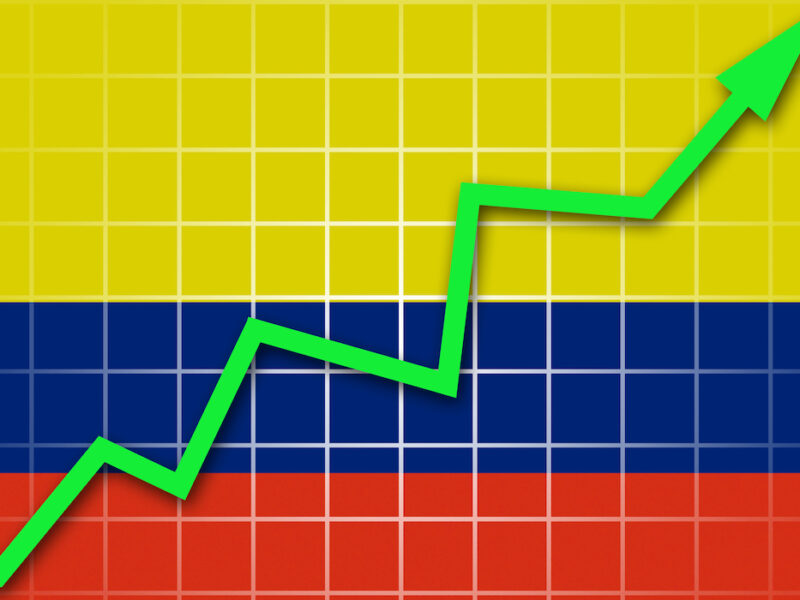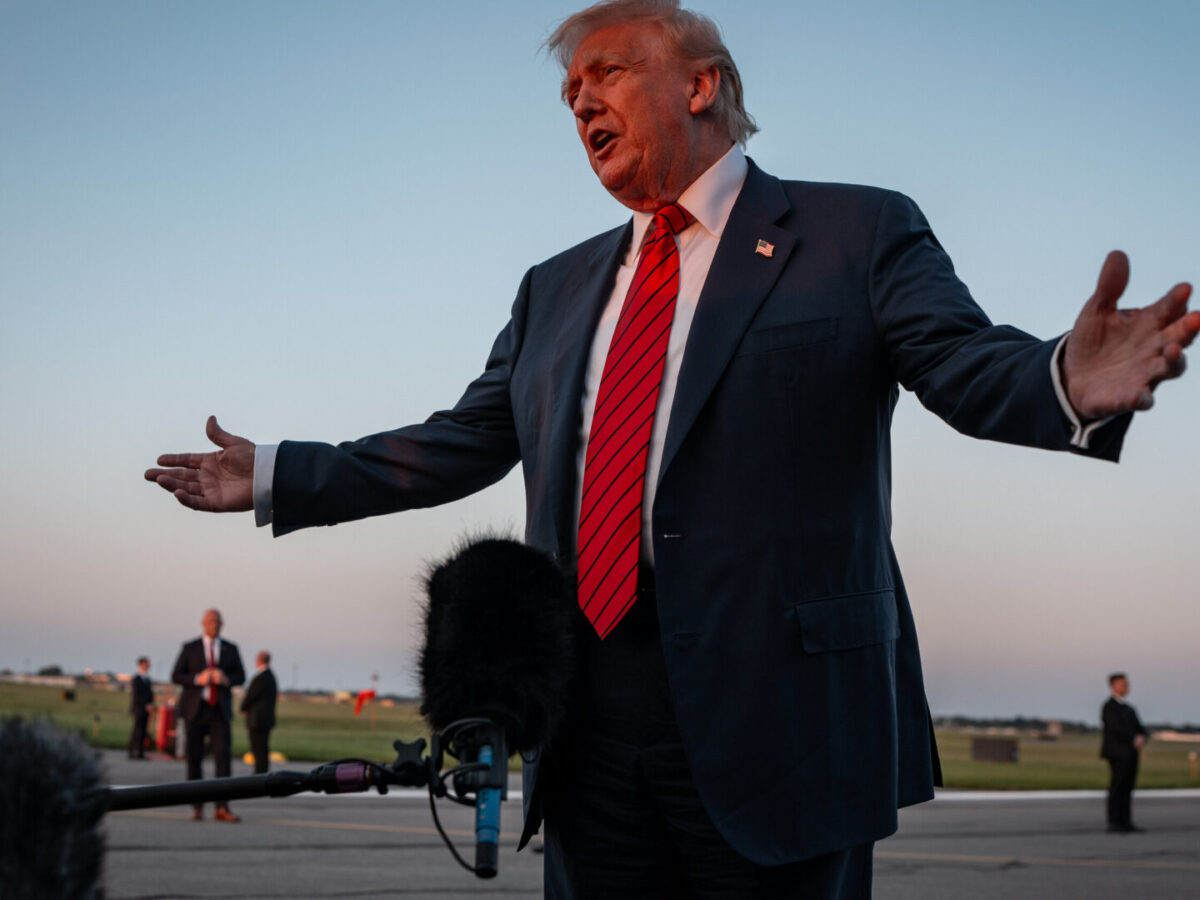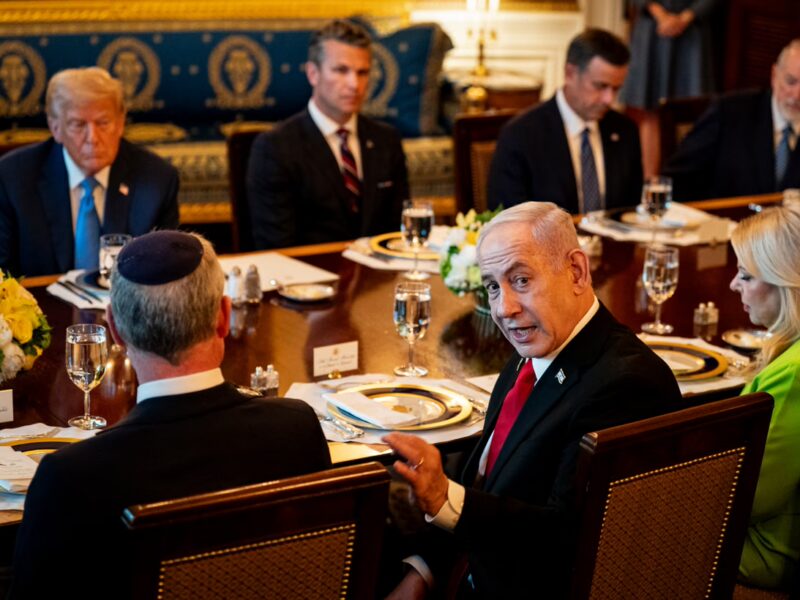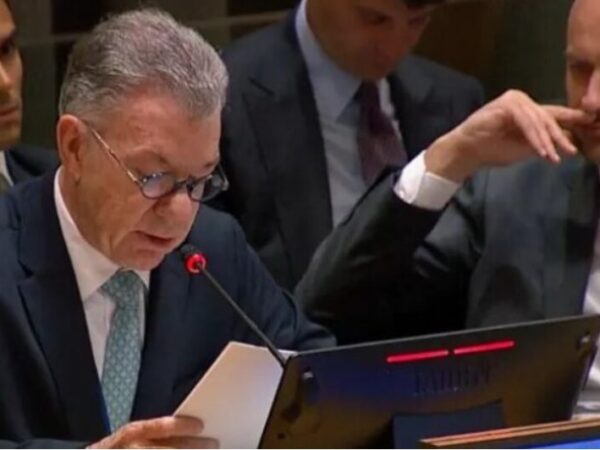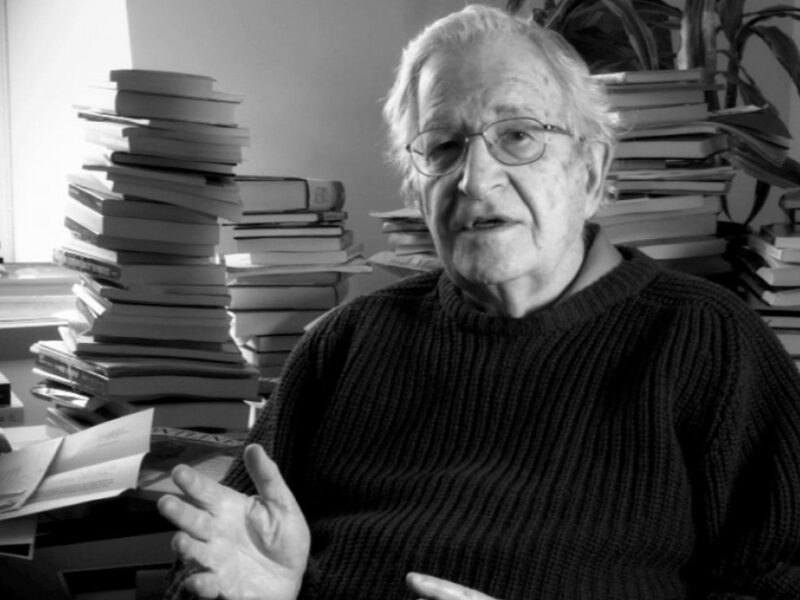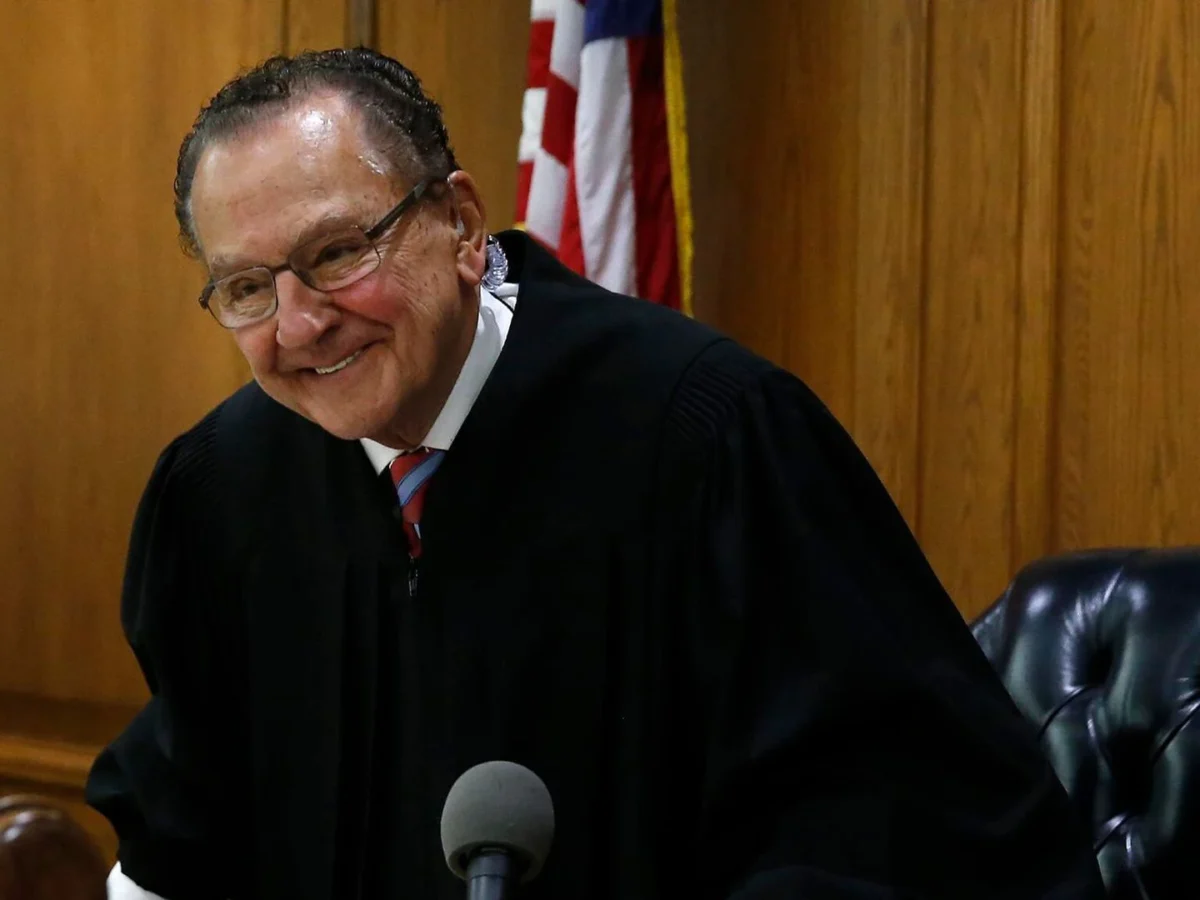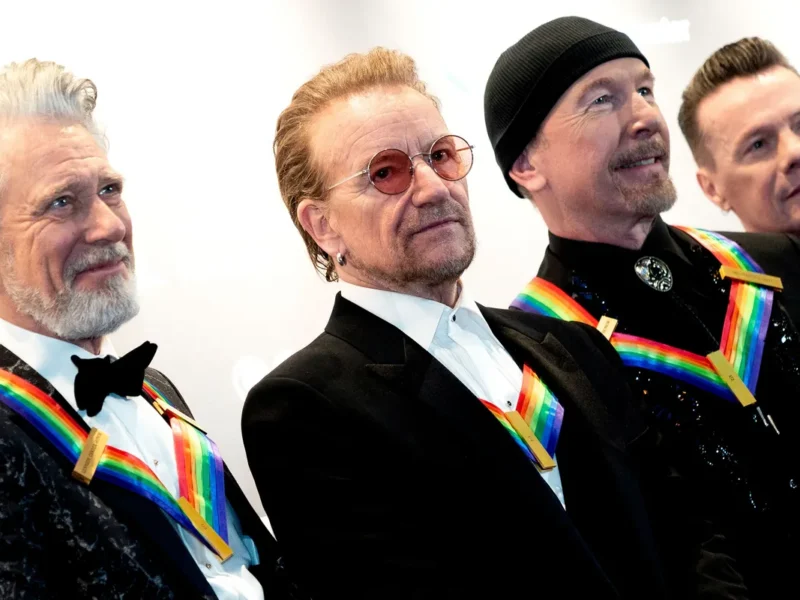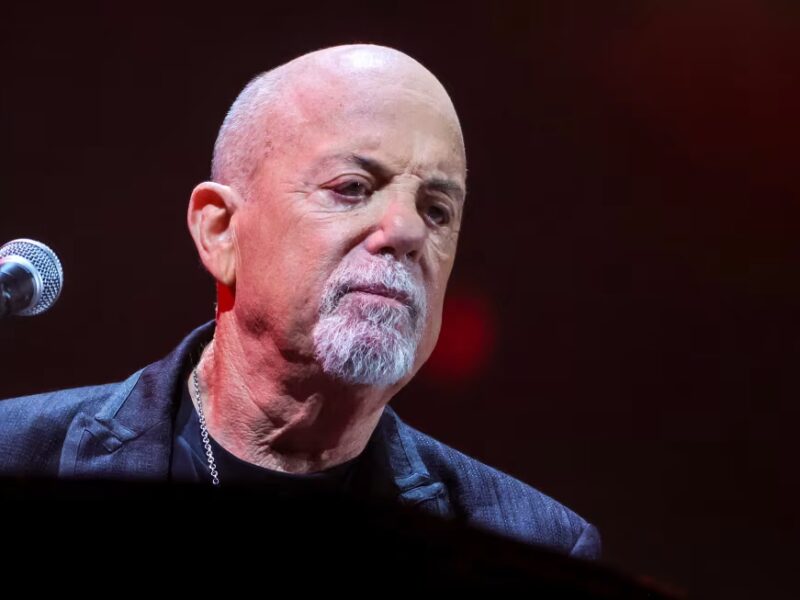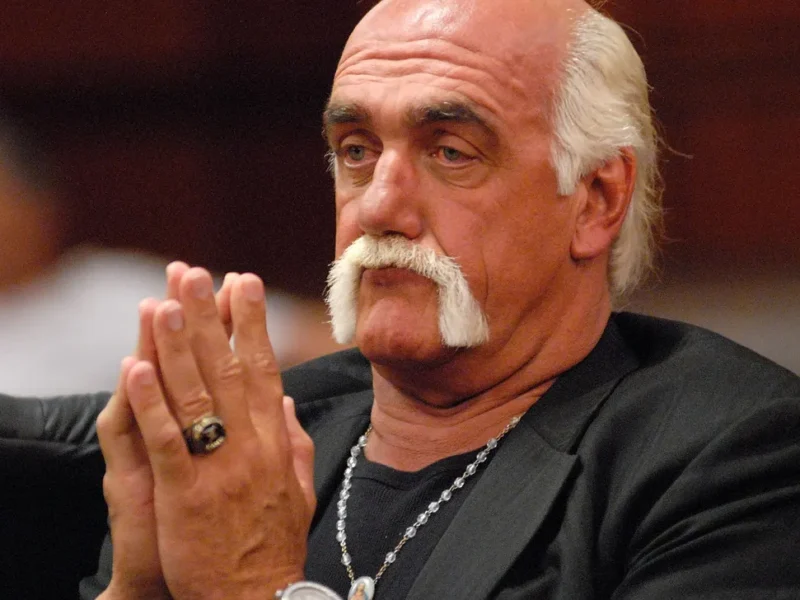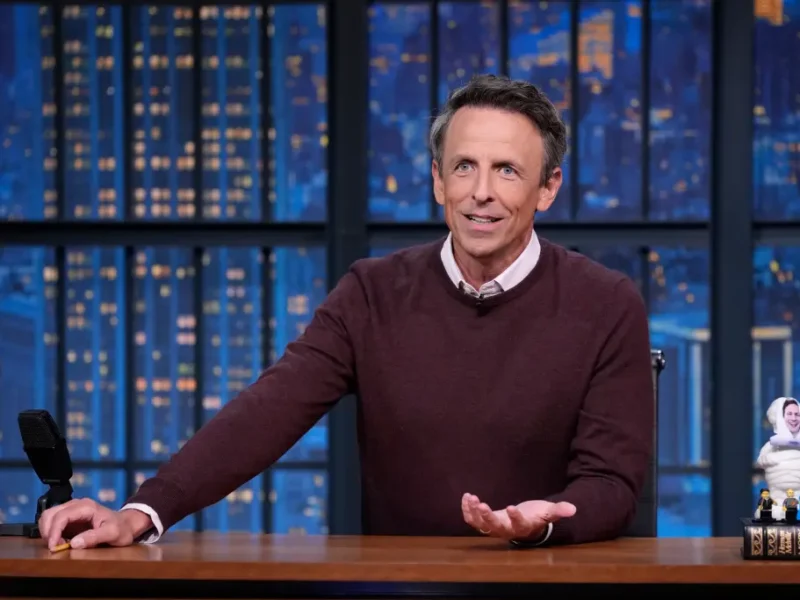What is the Declaration of Bogotá (Declaración de Bogotá) and why is it important?
As the world prepares for COP30 in Belém, Amazonian countries are stepping up with a unified message. On August 22, 2025, the presidents of Colombia, Brazil, and Bolivia—joined by other Amazon nations—signed the Declaration of Bogotá (Declaración de Bogotá), a joint commitment to defend the rainforest and lead climate diplomacy with a unified voice.
The agreement is part of the Amazon Cooperation Treaty Organization (ACTO), which now aims to create binding frameworks for forest protection, Indigenous governance, and climate action. Unlike past declarations, this one includes mechanisms for civil society participation and sets a new calendar of presidential summits. It’s the most ambitious step the Amazon bloc has taken ahead of a global climate summit.
President Gustavo Petro of Colombia and President Luiz Inácio Lula da Silva of Brazil led the call for a shared environmental diplomacy strategy. The Declaration, built on 35 specific commitments, covers sustainable development, biodiversity, Indigenous rights, and cross-border cooperation.
What does the Declaration actually propose?
The Bogotá Declaration institutionalizes several concrete actions. First, it establishes a new biennial cycle of presidential summits under ACTO, ensuring consistent political coordination. The next summit is scheduled to take place in Ecuador in 2027.
Second, it formalizes the creation of the Indigenous Peoples’ Mechanism (Mecanismo de Pueblos Indígenas, MAPI), which gives Indigenous organizations a permanent role in Amazon governance. For the first time, local and traditional communities will help set regional priorities in biodiversity, conservation, and territorial defense.
Third, it introduces a “social OTCA,” a structure that enables participation from NGOs, academic sectors, and community movements. This approach integrates top-down policy with grassroots engagement—a key demand from environmental coalitions that have criticized past summits as overly diplomatic.
However, the declaration leaves major questions unanswered. Most notably, it avoids any explicit mention of fossil fuel extraction, one of the region’s most controversial environmental threats. While the text refers to a “just energy transition,” it includes no timeline or commitments to reduce oil and gas operations in protected areas. Civil society groups, including Indigenous federations, have flagged this omission as a dangerous concession.
What’s next for Amazon countries ahead of COP30?
The Declaration of Bogotá is more than symbolic—it sets a diplomatic tone for COP30, which will be hosted by Brazil in Belém this November. For the first time, Amazon nations are expected to present a shared position at a UN Climate Conference, elevating the region’s role from environmental victim to climate negotiator.
President Lula emphasized that the Amazon must not be seen as the lungs of the world without rights or power. “We are not just preserving trees—we are preserving cultures, people, and our future,” he said. Meanwhile, Petro warned of the hypocrisy of rich countries financing deforestation while preaching climate action.
The road to COP30 will test the Bogotá Declaration’s credibility. Will governments uphold Indigenous participation in practice? Will fossil fuel expansion be addressed? Will financing mechanisms materialize to support sustainable development and territorial defense?
The answers to these questions will determine whether the Amazon is truly on a new path—or repeating a cycle of well-intentioned inaction.
Other News To Read


